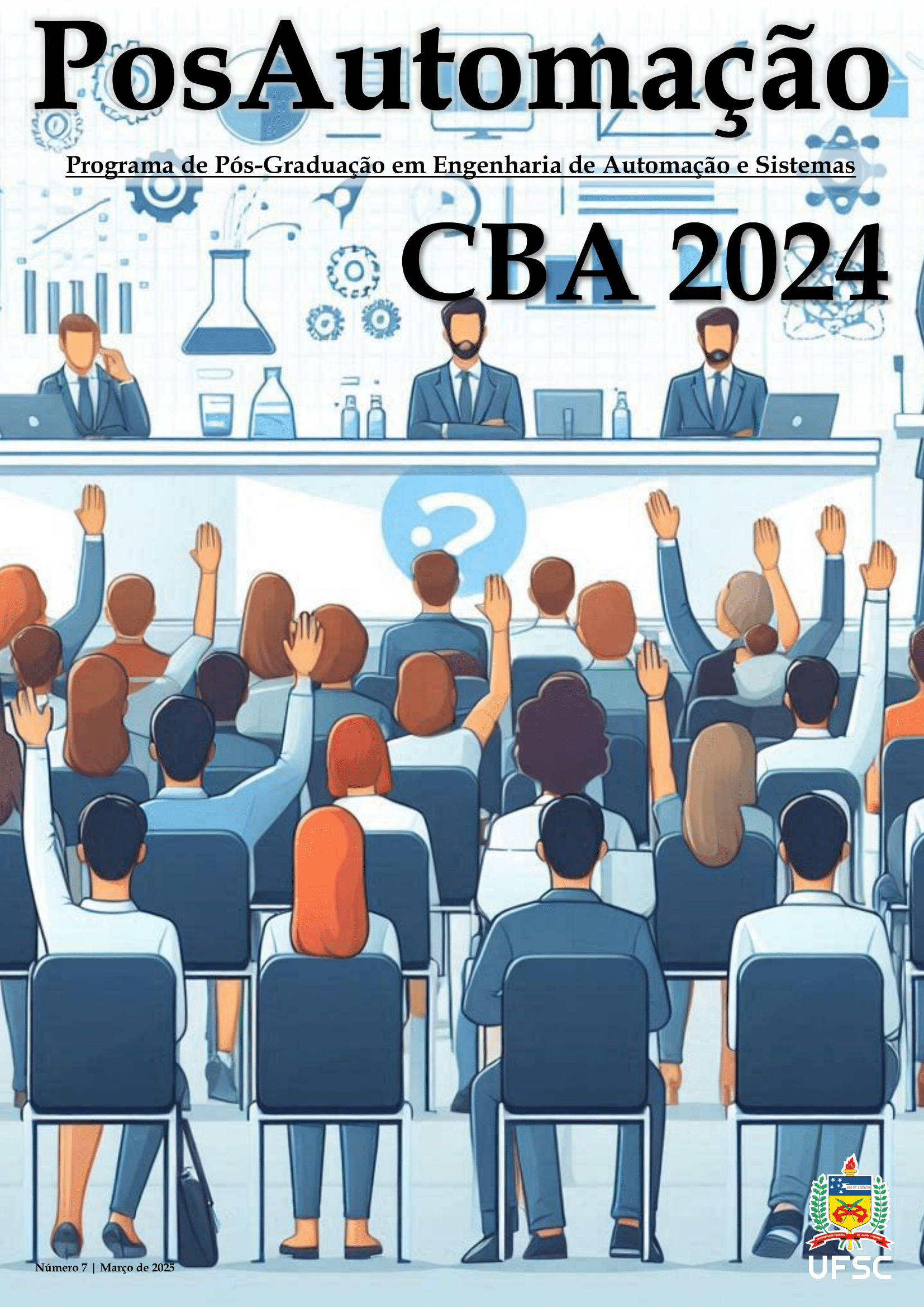Mini-Curso de Controle Ótimo ministrado pelo Prof. Bjarne Foss (NTNU/Noruega)
Pessoal,
Gostaria de convidá-los a participar de um “Mini-Curso de Controle Ótimo” ministrado pelo Prof. Bjarne Foss (NTNU/Noruega). O tema a ser apresentado é complementar aos conteúdos desenvolvidos em disciplinas da graduação e pós-graduação, podendo ser de grande interesse àqueles que estão no ramo de controle.
O mini-curso é composto de três etapas, que ocorrerão ao longo do mês de abril nos seguintes dias:
— 10/04 (Sexta-Feira), das 10 h às 12 h — Parte 1
— 24/04 (Sexta-Feira), das 10 h às 12 h — Parte 2
— 27/04 (Segunda-Feira), das 14 h às 16 h — Parte 3
— 24/04 (Sexta-Feira), das 10 h às 12 h — Parte 2
— 27/04 (Segunda-Feira), das 14 h às 16 h — Parte 3
O mini-curso será realizado na sala PGEAS 2 conforme ementa que segue abaixo. Em função da limitação de espaço físico, o número de participantes é limitado. O estudante de mestrado Marco Aurélio Schmitz de Aguiar está coordenando as inscrições, que devem obrigatoriamente ser realizadas no link:
http://goo.gl/forms/K7bM9nizmm
Atenciosamente,
Prof. Eduardo Camponogara
________________________________________
Syllabus
1. Classical Optimal Control theory – in the continuous time domain
— Problem formulation
— Variational calculus
— Pontryagins maximum principle
— The HJB equation
— Applied to Linear Quadratic Control (LQ control)
— Limitations of the classical theory, and direct vs. indirect methods
2. Nonlinear state estimation
— Problem formulation
— The state estimation problem and some system properties
— Extensions to the nonlinear domain – the extended Kalman filter
— Particle and ensemble based filters – with emphasis on the Unscented Kalman filter (UKF)
— Links to Model Predictive Control
3. Optimal control of unknown system
— Problem formulation
— The Certainty Equivalence Principle
— Exploration vs. exploitation
— Solutions or approximations to the dual control problem
— Links to Model Predictive Control
— Variational calculus
— Pontryagins maximum principle
— The HJB equation
— Applied to Linear Quadratic Control (LQ control)
— Limitations of the classical theory, and direct vs. indirect methods
2. Nonlinear state estimation
— Problem formulation
— The state estimation problem and some system properties
— Extensions to the nonlinear domain – the extended Kalman filter
— Particle and ensemble based filters – with emphasis on the Unscented Kalman filter (UKF)
— Links to Model Predictive Control
3. Optimal control of unknown system
— Problem formulation
— The Certainty Equivalence Principle
— Exploration vs. exploitation
— Solutions or approximations to the dual control problem
— Links to Model Predictive Control









